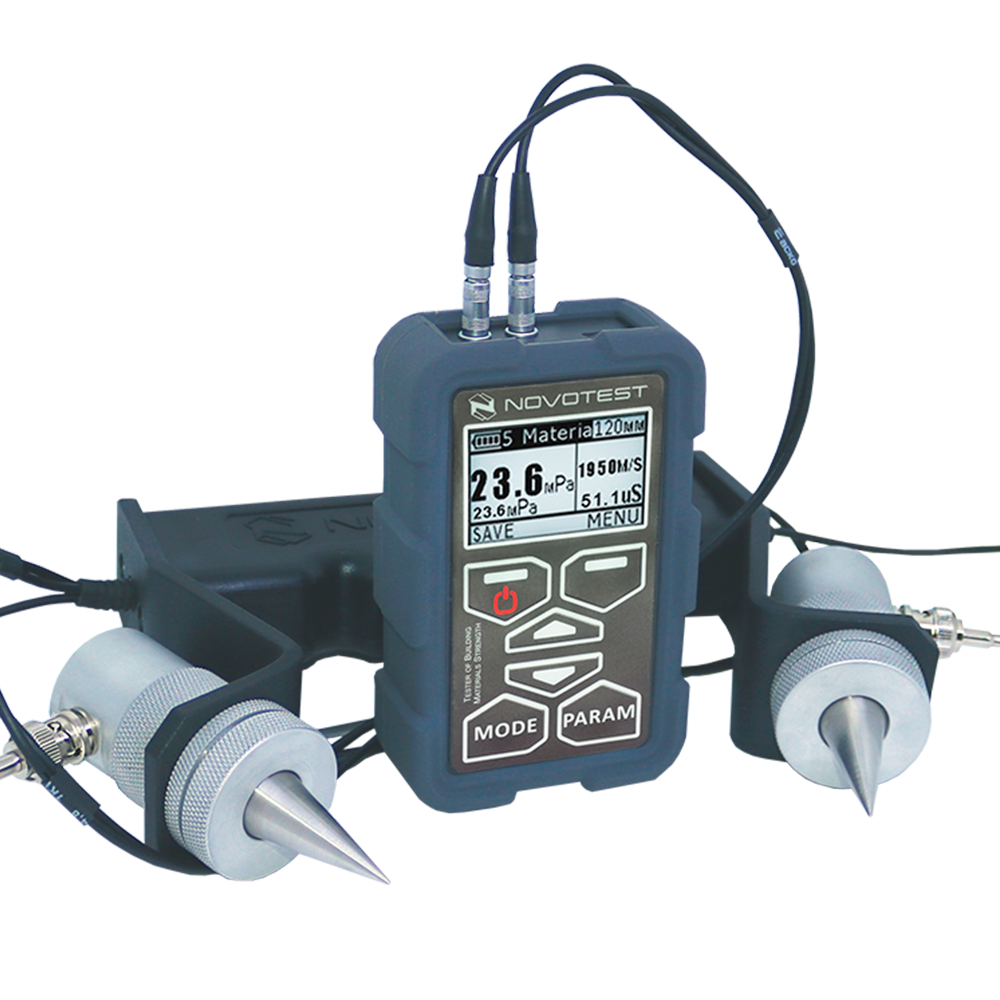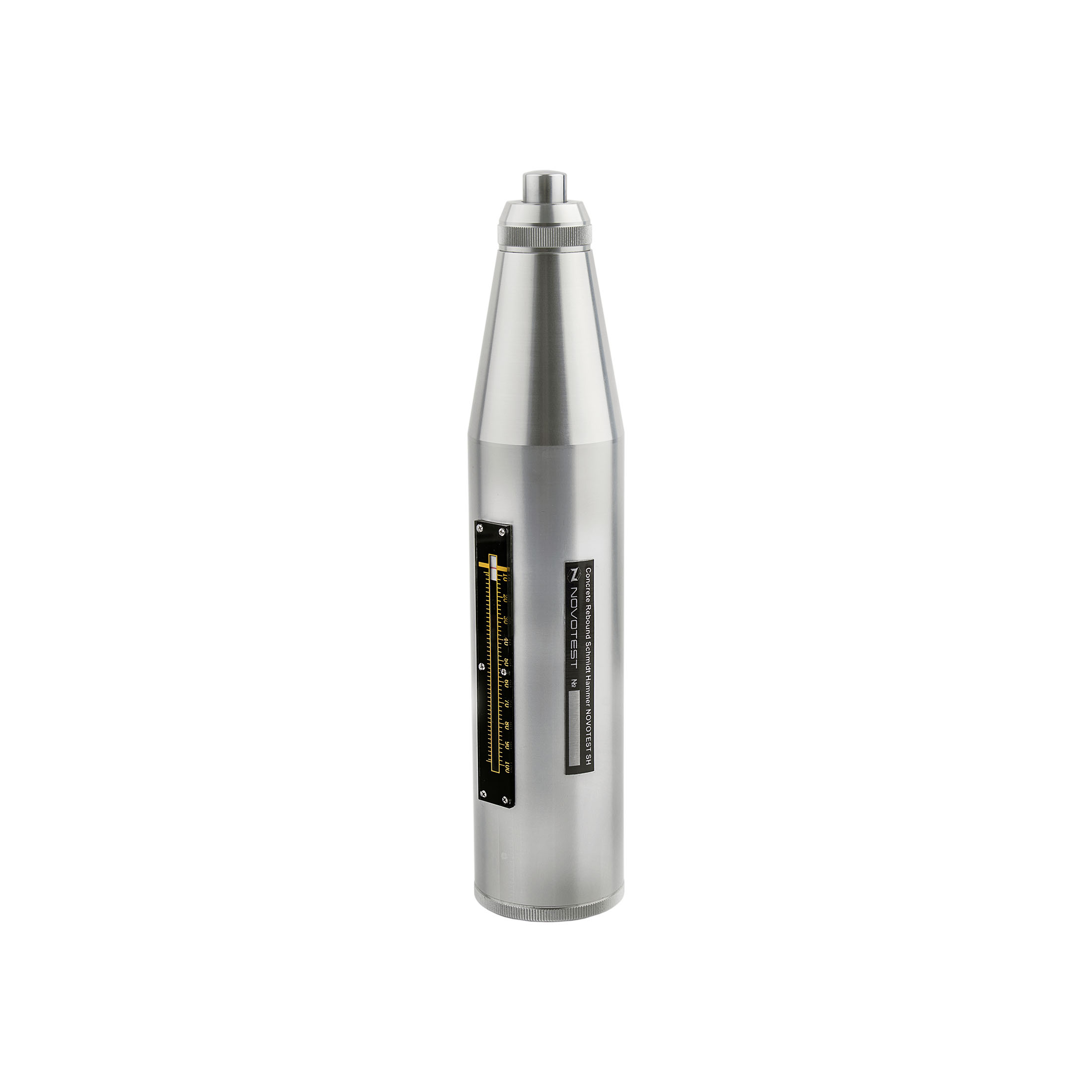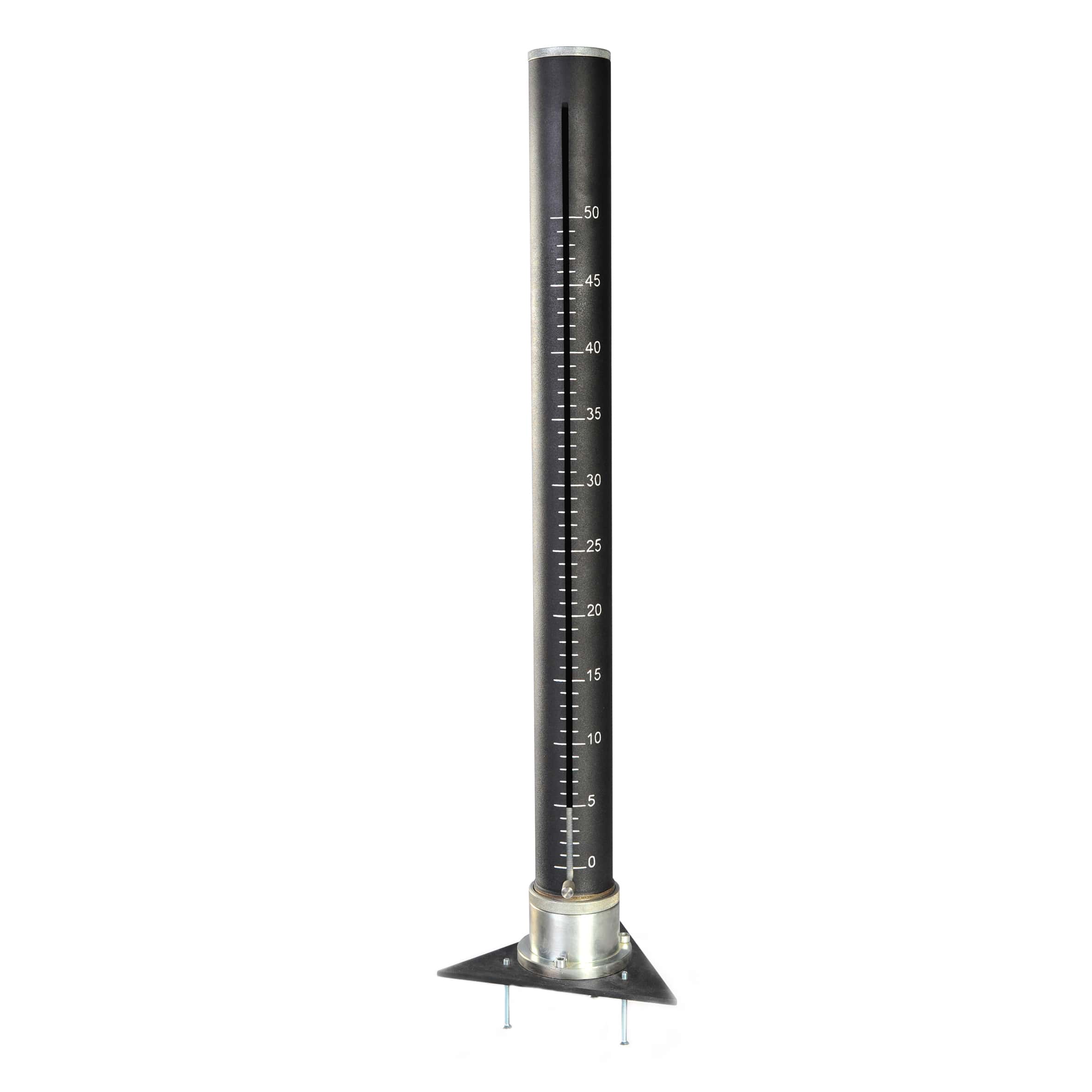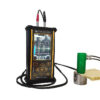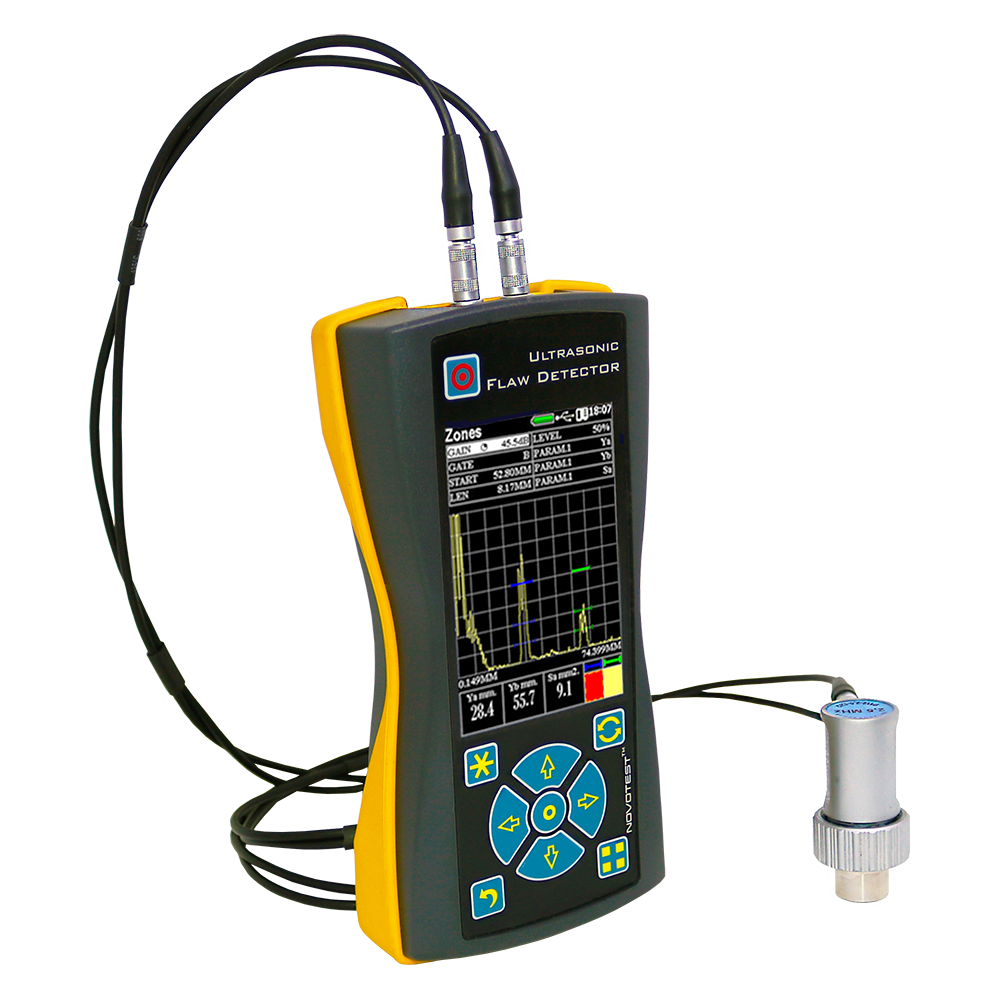Introducing our Strength Meter, a versatile instrument designed for measuring the strength properties of various materials. Strength meters are crucial in industries such as construction, civil engineering, and material testing, where the assessment of material strength is essential for quality control and structural integrity. Here are the key features of our Strength Meter:
Novotest
Strength Meter
Key Features:
- Measurement Principles: Strength meters utilize different measurement principles depending on the type of strength being assessed. Common strength measurements include compressive strength, tensile strength, and flexural strength.
- Versatility: Our Strength Meter is designed to assess the strength of a wide range of materials, including concrete, metals, plastics, and composites, making it a versatile tool for diverse applications.
- Sensor Types: Depending on the strength being measured, the instrument may employ various sensors such as load cells, pressure transducers, or strain gauges to accurately capture the applied force or stress.
- Load Application Mechanism: The strength meter features a mechanism for applying controlled loads or stresses to the material under test. This can include hydraulic systems, mechanical actuators, or other force application methods.
- Real-time Monitoring: The instrument provides real-time monitoring of the applied force or stress, allowing operators to observe the material’s response and capture critical data points during testing.
- Data Display: A digital display or interface provides clear and precise readings of the strength measurements. Some advanced models may offer graphical representations of the strength properties.
- Testing Modes: The Strength Meter may offer different testing modes depending on the material and the type of strength being measured. Common modes include compressive testing, tensile testing, and flexural testing.
- Calibration: Calibration capabilities ensure that the instrument provides accurate and reliable strength measurements. Regular calibration checks using standardized samples are essential for maintaining accuracy.
- Safety Features: Safety considerations are integrated into the design, including features such as emergency stop buttons, overload protection, and clear visual indicators to ensure safe operation.
- Sample Fixturing: The instrument may include fixtures or grips to securely hold and stabilize the test specimen during testing, preventing any unintended movement that could affect the accuracy of results.
- User-Friendly Interface: The user interface is designed to be intuitive, allowing operators to set testing parameters, control the testing process, and analyze results efficiently.
- Compliance with Standards: Our Strength Meter is manufactured to comply with relevant industry standards and testing protocols, ensuring that strength measurements are consistent and comparable across different instruments.





